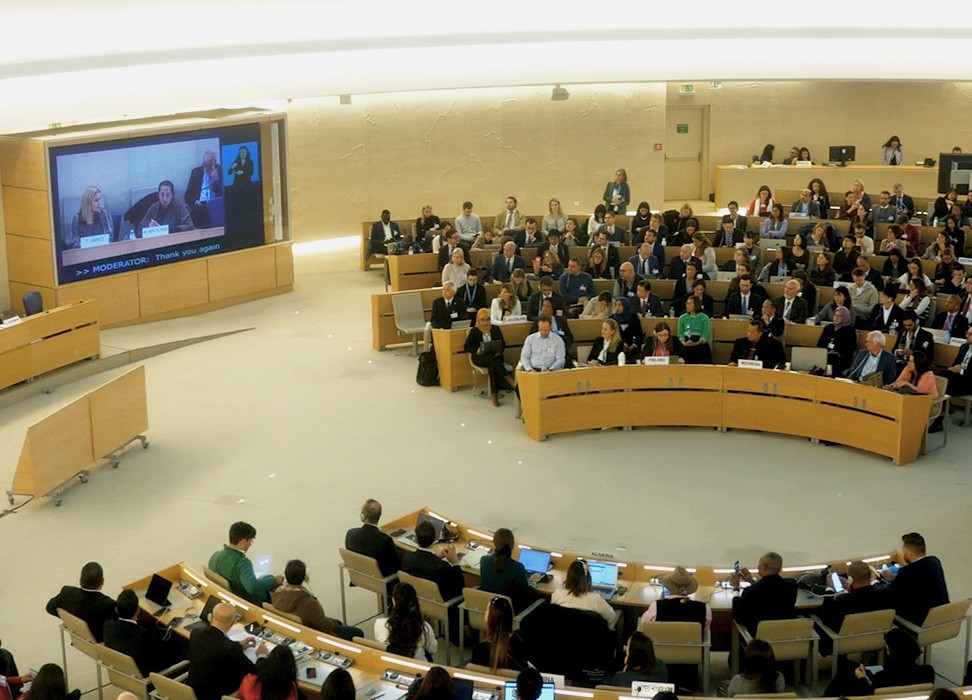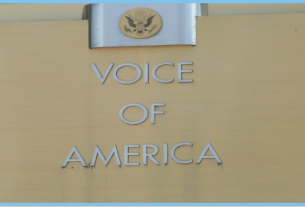Geneva, Switzerland – December 6, 2024 – The 13th United Nations Forum on Business and Human Rights has emphasized the need for a “smart mix” of voluntary and mandatory measures to ensure businesses respect human rights. UN Human Rights Chief Volker Türk, in his opening address, called for a human rights economy, urging global leaders to embed human rights in business operations to create more stable, peaceful, and prosperous societies.
The UN Guiding Principles on Business and Human Rights, adopted in 2011, serve as a global framework for businesses to prevent and address human rights violations. Türk highlighted that while significant progress has been made over the past decade, issues like forced displacement due to corporate activities, environmental degradation from the fossil fuel industry, and the rise of AI-driven surveillance still persist.
Urging More Concrete Action
Türk stressed that voluntary corporate social responsibility (CSR) efforts are no longer sufficient. “Voluntary approaches alone are not enough,” he declared, advocating for a robust policy framework that combines both voluntary and mandatory measures. This “smart mix” is intended to provide clarity for businesses, level the playing field, and ultimately improve outcomes for individuals harmed by corporate operations. The Forum, which saw record participation with nearly 4,000 attendees from 156 countries, covered key topics such as climate change, Indigenous Peoples’ rights, human rights due diligence, and access to remedy for victims of business-related human rights abuses.
Fernanda Hopenhaym, Chair of the UN Working Group on Business and Human Rights, echoed Türk’s sentiment, emphasizing that public policies should prioritize people and the planet. At the same time, she acknowledged the critical role of the private sector in mitigating geopolitical tensions and climate challenges. Sanda Ojiambo, CEO of the UN Global Compact, pointed to real-world examples of corporate progress, such as companies in Asia using satellite technology to monitor deforestation, and agrobusinesses in Africa building trust with workers and communities.
However, Ojiambo also highlighted the growing momentum for mandatory due diligence measures, calling for better global consistency in corporate human rights practices. “There is a growing need for businesses to not only respect human rights but to be legally bound to do so,” she added.
Global Collaboration on Human Rights Due Diligence
At the Forum, discussions centered on improving the effectiveness of human rights due diligence. Hannah Koep-Andrieu, Head of Due Diligence at the OECD’s Centre for Responsible Business Conduct, argued that international cooperation is essential to create meaningful mandatory and voluntary measures. “Supply chains are global, and thus, international cooperation is key,” she said.
The Forum also highlighted the complex challenges faced by countries in the Global South. Chantal Chambu Mwavita, Minister of Human Rights in the Democratic Republic of Congo, emphasized the importance of regulating commercial practices in resource-rich nations, where the exploitation of minerals has been linked to severe human rights violations. She called for concrete actions to ensure respect for human rights throughout the production, distribution, and consumption of goods.
Calls for Stronger Policy Frameworks
Civil society organizations have long advocated for stronger corporate accountability in global supply chains, and business leaders at the Forum joined these calls. Annie Agle, Senior Director of Impact and Sustainability at US apparel retailer Cotopaxi, remarked, “Our supply chains are riddled with human rights abuses, and the improvements that we are seeing are not significant enough. We must do better.”
Rachel Cowburn-Walden, Global Head of Human Rights at Unilever, reinforced this point, stating that businesses aiming for long-term survival must embed respect for human rights into the core of their operations. “The only way to do that effectively is by ensuring human rights are the foundation of everything we do,” she said.
Indigenous Peoples and Environmental Stewardship
Indigenous leaders at the Forum emphasized the critical role their communities play in preserving human rights and the environment. David Chemutai, coordinator of the Benet Mosopisyek community in Uganda, highlighted the displacement of Indigenous communities for various industrial projects, including mining, agriculture, and energy. He underscored that defending Indigenous rights is essential for equity, sustainability, and global justice, and stressed the importance of including Indigenous Peoples in decision-making processes.
As the world faces increasing environmental and social challenges, the Forum called on governments, businesses, and civil society to collaborate on creating solutions that respect both human rights and the environment. The global value chains in today’s interconnected world demand comprehensive, forward-thinking strategies that protect both people and the planet.
Conclusion
The 13th UN Forum on Business and Human Rights reinforced the idea that a smart mix of regulatory measures, public policies, and business accountability is essential to addressing the human rights challenges posed by global supply chains. By combining voluntary corporate responsibility with mandatory measures, governments and businesses can work together to create more sustainable, equitable, and just systems that promote respect for human rights at all levels of business operations.
As the global community confronts pressing issues like climate change, technology’s impact on human rights, and inequality, the Forum highlighted the need for stronger policy frameworks and deeper commitments from all sectors to protect human rights worldwide.



